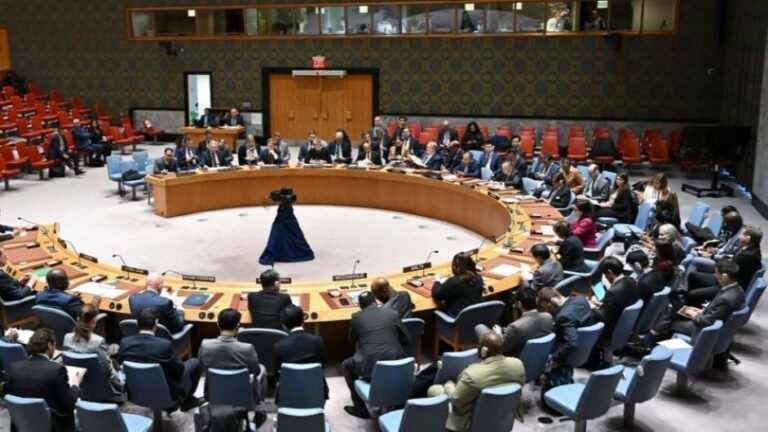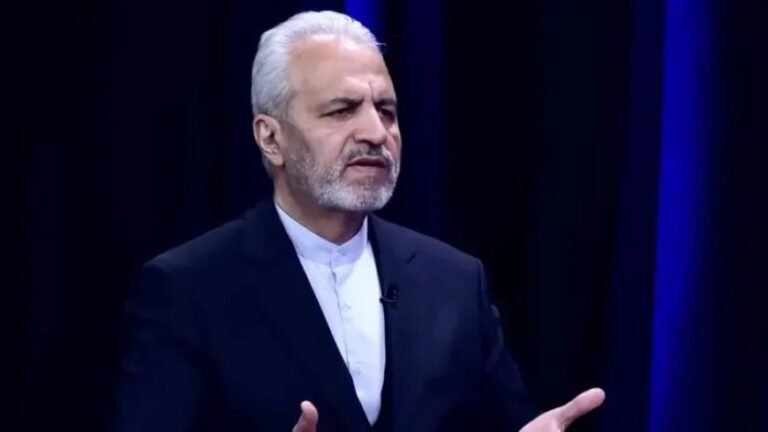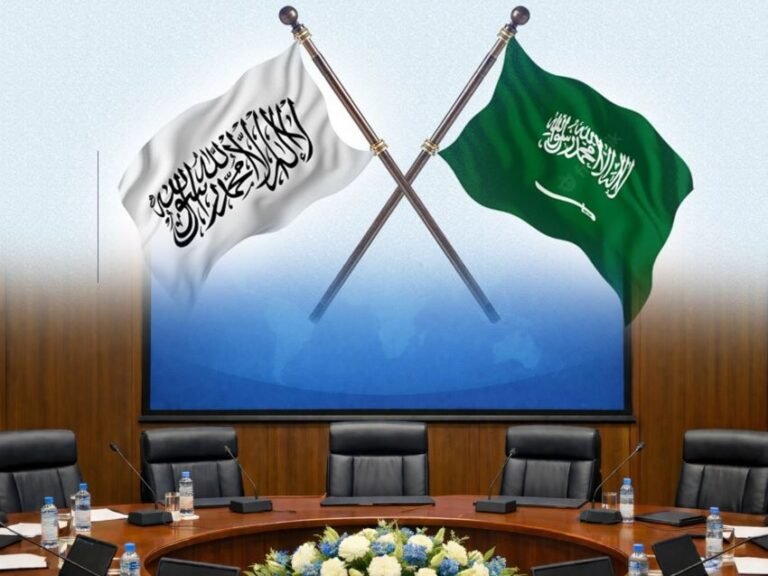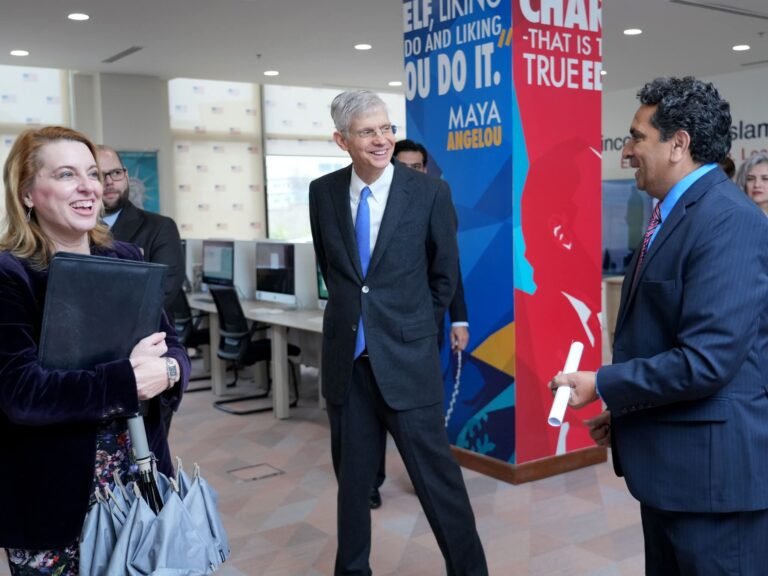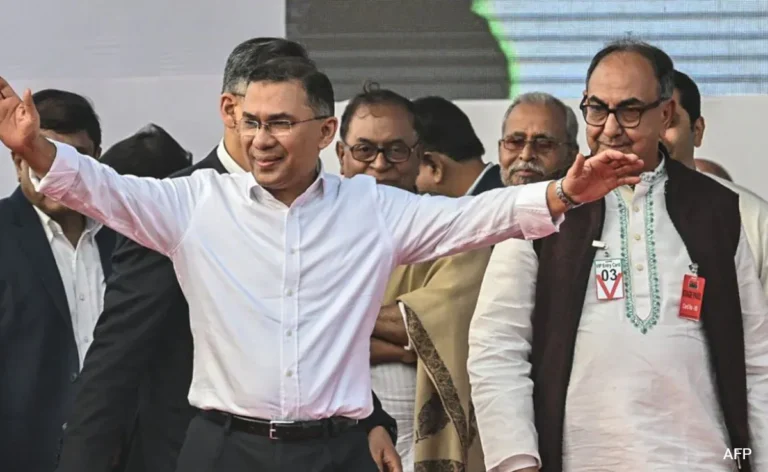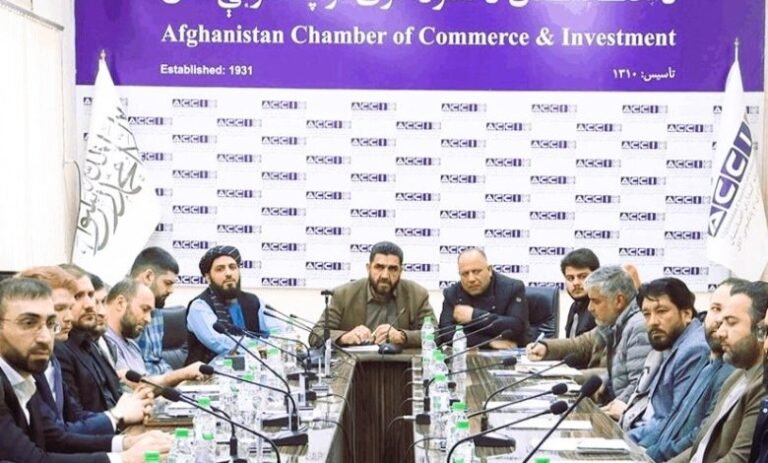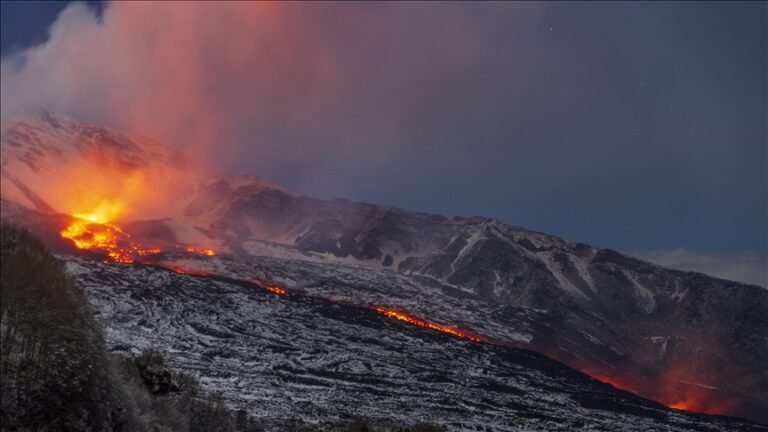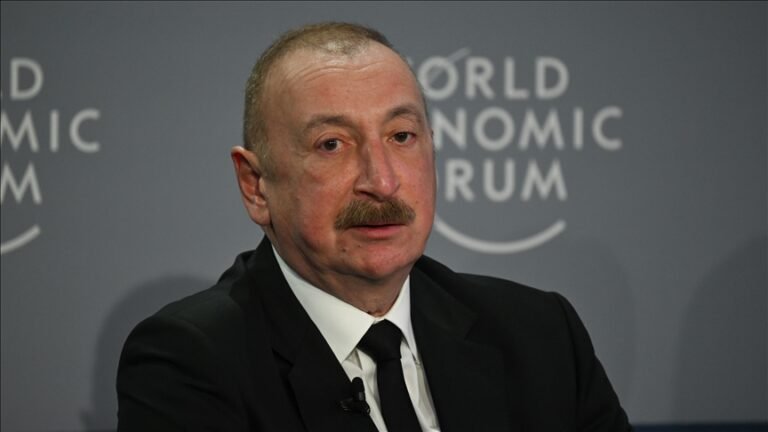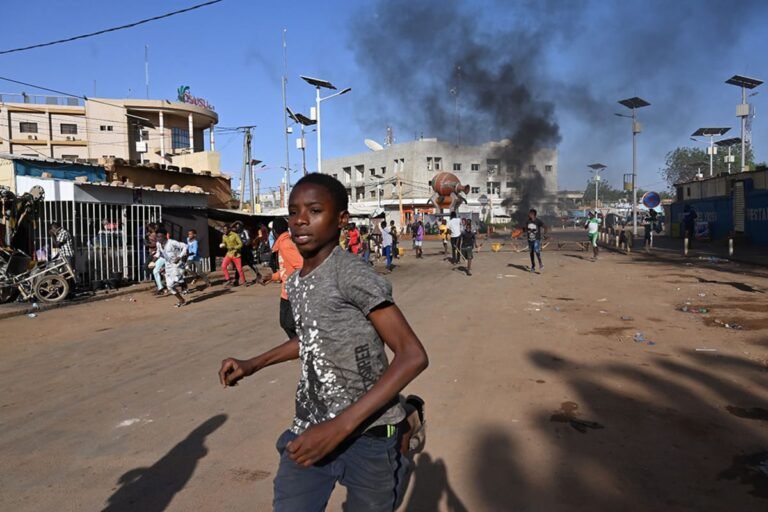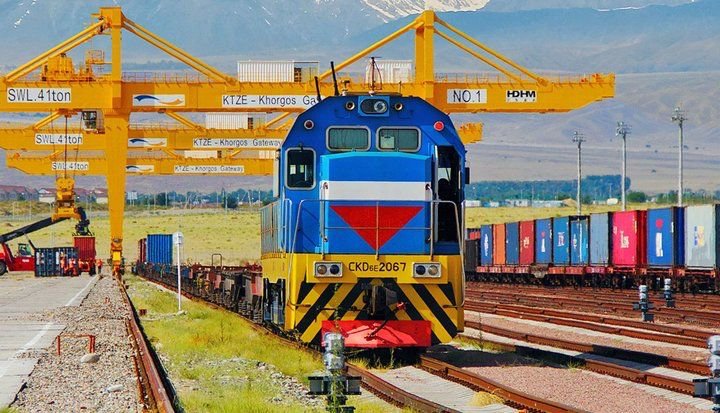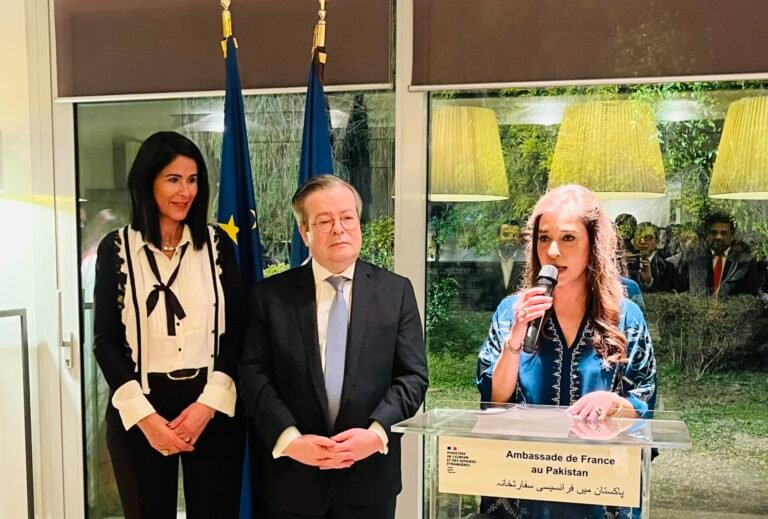Nassau, 15 February 2023 (TDI): Caribbean leaders are gathering in the Bahamas for a three-day meeting that will include a discussion on Haiti, Climate Change, and regional cooperation.
The three-day meeting brings together heads of government from the CARICOM bloc, which consists of 15 countries.
#CountdowntoCARICOMHeads: This afternoon, #CARICOM Secretary-General Dr Carla Barnett met with CARICOM Chair, the Honourable Philip Davis, Prime Minister of The Bahamas 🇧🇸 at the Office of the Prime Minister, Nassau, The Bahamas ahead of the Opening Press Conference. #44HGC pic.twitter.com/tCPcoj5XOF
— CARICOM: Caribbean Community (@CARICOMorg) February 15, 2023
Members include Antigua and Barbuda, Bahamas, Barbados, Belize, Dominica, Grenada, Guyana, Haiti, Jamaica, Montserrat, Saint Lucia, St. Kitts and Nevis, St. Vincent, and the Grenadines, Suriname, & Trinidad and Tobago.
Haiti Agenda
Bahamian Prime Minister Philip Davis said ahead of the meeting that they will focus on the challenges they have in Haiti.
It is to be noted that Haiti has experienced a period of instability following the 2021 assassination of President Jovenel Moïse, with a rise in violence and the influence of armed gangs.
Canadian Prime Minister, Justin Trudeau is also participating in the CARICOM leaders meeting. He assured that Canada is looking to do everything to help the situation in Haiti.
In addition, Prime Minister Davis said, “Whatever the solution, it must be a Haiti-led solution and the rest of CARICOM is working to help facilitate that outcome.”
“What we seek to have done is to stabilize the country sufficiently enough to allow for a free and fair election, and the path and journey to that are where the challenge falls,” Davis said.
Other Agendas
The other agenda for the three-day meeting includes Covid-19, emerging health issues, climate change, food security, and energy security.
The Bahamian Prime Minister also added that there is an opportunity for regional leaders to unite and address the benefits and challenges of the entire Caribbean.
Also read: Chile wildfires worsen, emergency extended, military mobilized
Ahead of the meeting, CARICOM Secretary-General, Carla Natalie responded to the media that combatting climate change means getting the countries of the world that emit the most greenhouse gases to “take charge and do what’s right.”
She also added that “Those who are causing the impact are not bearing the burden of dealing with that,” Barnett said. “We are the smallest emitters. We don’t cause the problem; we must bear the burden.”
I am Muhammad Raza student of International Relations and Poltics, focusing on Foreign Policy and Geopolitics. You can reach me through my email address: razam142@yahoo.com
- This author does not have any more posts.



